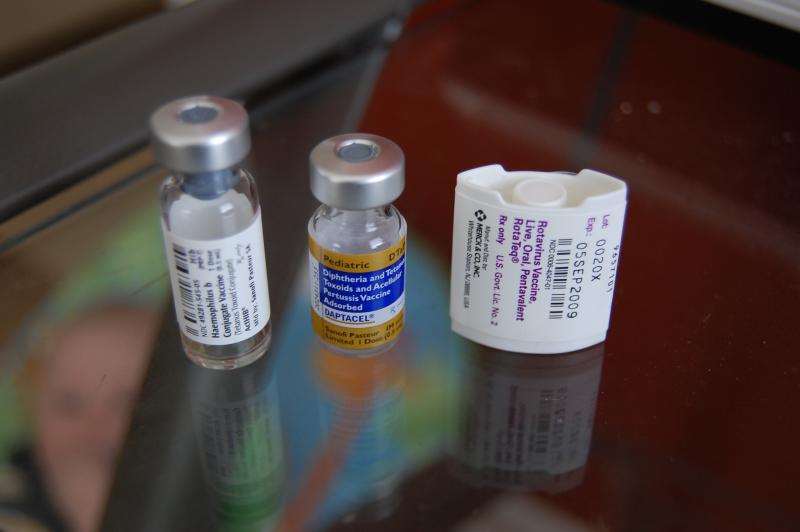
Republican Members of the House Ways and Means Committee have released several pieces of legislation designed to incentivize startup businesses engaged in the development of new therapies and cures.
The legislation especially focuses on developing cures for infectious diseases, such as antibiotics, antivirals, and vaccines. This is a complex, costly, time consuming, and risky process, especially given that many companies engaged in this R&D are startup enterprises that can struggle to attract the investment needed.
The legislation released today by Ways and Means Republicans led by Ranking Member Kevin Brady (R-Texas) attempts to incentivize the development of new cures for infectious diseases by creating tax incentives that will help encourage investment, including through the expansion of the R&D credit, giving innovators additional liquidity, and encouraging further outside investment in startup innovators.
This approach also draws a stark contrast with the policies of Congressional Democrats that would crush medical innovation. Speaker Nancy Pelosi (D-Calif.) and House Democrats have passed legislation that would force medical innovators to accept government set prices or be hit with a 95 percent excise tax on their medicines.
This proposal undermines the development of new medicines at a time when manufacturers are racing to find COVID-19 cures. According to the Council of Economic Advisers, Pelosi’s proposal could prevent 100 lifesaving and life-preserving medicines from being created over the next decade.
The proposals released today by Ways and Means Republicans include:
The More Cures Act, introduced by Rep. Devin Nunes (R-Calif.). This proposal provides a “bonus R&D credit” of 14 percent of any qualified research costs associated with the development of certain cures like infectious disease therapies. This applies on top of the normal R&D credit that is already available to taxpayers.
Start-ups for Cures Act, introduced by Rep. Devin Nunes (R-Calif.). This proposal allows medical research startup businesses (with less than $1mil of gross receipts) to monetize unused credits. Startup businesses seeking to develop a cure usually have no revenue so see no benefit from R&D credits. This legislation fixes this and provides additional liquidity to continue research and development.
The Countermeasures Investment Act, introduced by Rep. Mike Kelly (R-Pa.). This legislation encourages outside investment in startup medical research firms by giving additional tax benefits to investors in certain infectious disease drug development firms. This will help encourage investment in medical research startups so they are able to invest as needed.
The American Innovation Act, sponsored by Rep. Vern Buchanan bill (R-Fla.). This legislation allows medical research startups that change ownership the ability to utilize net operating loss carrybacks. This will help provide liquidity for businesses as they seek to develop cures.

